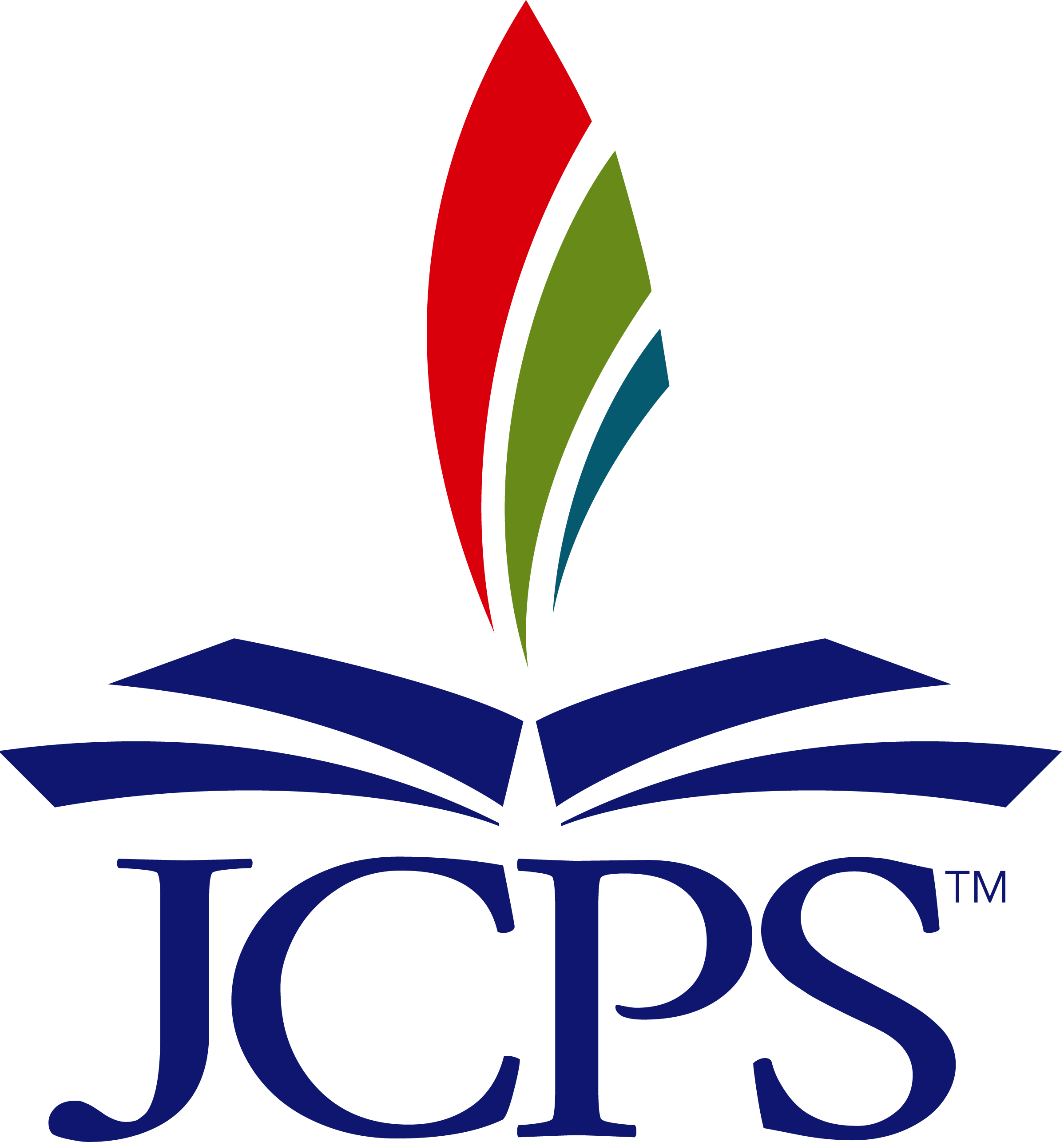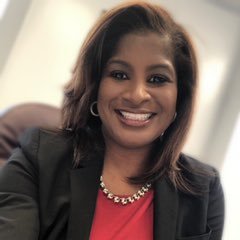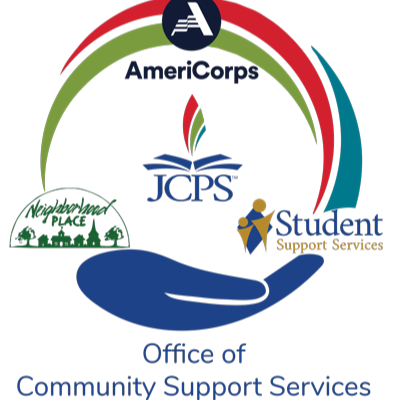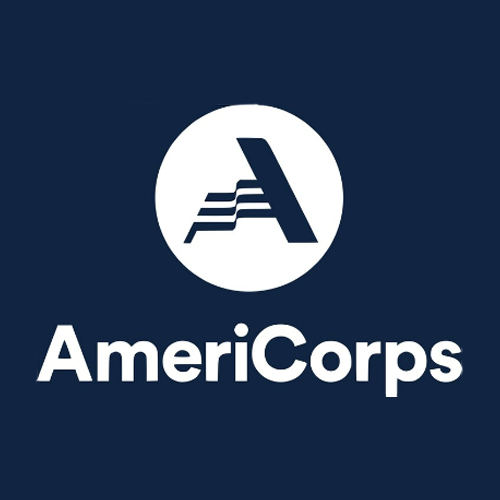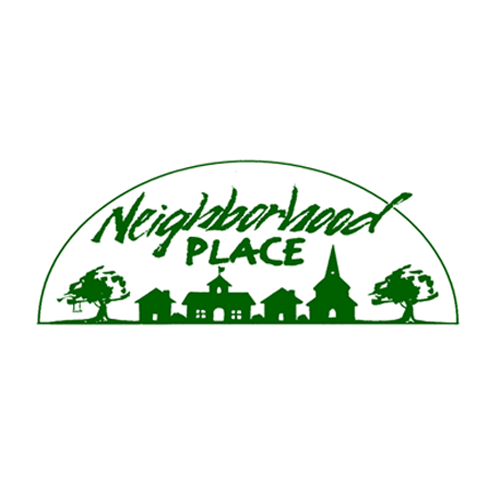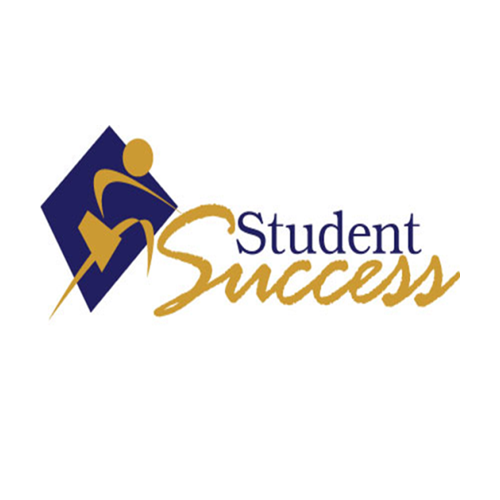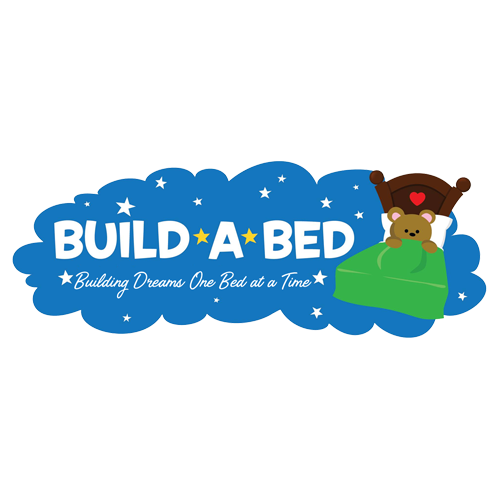Student Support Services
Subdepartments
Contact Us
LaKita Stephens
Secretary, Student Support Services
(502) 485-3255
lakita.stephens@jefferson.kyschools.us
Address
VanHoose Education Center
3332 Newburg Road,
Louisville, KY 40218
Elev8 Student Learning Centers
Family Resource & Youth Services Centers (FRYSC)
Dr. Gwen Goffner
Manager
Family Resource & Youth Service Centers
Contact Us
About Us
Family Resource and Youth Services Centers (FRYSCs) help JCPS families solve problems and overcome barriers to learning. Family Resource Centers (FRCs) serve elementary schools. Youth Services Centers (YSCs) serve middle and high schools. Each center provides support in core areas while offering unique blends of programs and services. Each center receives guidance from a community advisory council.
Goals
Family Resource and Youth Services Centers (FRYSCs) are located in schools, and each center works to meet the needs of both students and families in its school community. FRYSCs focus on removing barriers to learning so all students can become academically proficient.
FRYSC/JCPS Goals: Educational Achievement for All Students
Improve attendance
Decrease behavior/suspension issues
Increase academic support
Improve physical/mental health
Improve parent relations, support, and assistance
School Counselors
Resources
Contact Us
Hope Johnson
Specialist, School Counselors
Carla Shelton
Secretary, School Counselors
(502) 485-6781
carla.shelton@jefferson.kyschools.us
About Us
School counselors in the Student Support Services Department improve student achievement and enhance academic, career, and personal/social development. They deliver a comprehensive program through lessons, planning, and counseling and collaborate with parents, teachers, and staff to promote success and ensure equity. Students and parents should talk to their school counselors for assistance and to remove barriers to academic success.
College and Careers
Academic and college/career planning provides all students with the opportunity to identify strengths, areas in need of improvement, and areas of interest early on so students and their families can set postsecondary goals and make informed choices to support students in reaching the desired outcome. The focus of academic and career planning is threefold: to help students acquire the skills needed to achieve academic success, to make connections between school and life experiences, and to acquire the knowledge and skills needed to be college- and career-ready upon high school graduation. Counselors believe that education has the power to erase poverty and redefine lives. Each student, at each educational level, is exposed to a college-going culture at school. Counselors help students and parents navigate through the college application process during high school. Students explore career opportunities and interests as they discover and set postsecondary goals. Check with your child's school counselor to learn more about college and career events/activities and supports that are offered at your child's school.
Why School Counselors?
Today’s young people live in an exciting time, with an increasingly diverse and mobile society, new technologies, and expanding opportunities. To help ensure they are prepared to become the next generation of parents, workers, leaders, and citizens, every student needs support, guidance, and opportunities during adolescence, a time of rapid growth and change. Adolescents face unique and diverse personal and developmental challenges that impact academic achievement.
Stress and Anxiety
Suicide Prevention
Students’ safety and well-being are of the utmost importance to all JCPS staff members. Counselors know the statistics related to suicide and are trained to recognize warning signs and risk factors. The counselors have the skills to talk with students about their social/emotional status. If a counselor believes a student is in possible danger of inflicting harm to himself or herself, the parent will be notified immediately to collaborate on the next steps and make sure the student receives mental health assistance.
KRS 156.095 requires that all students in grades six through twelve receive suicide prevention information before September 15 of each year and again by January 15th of each year. This information shall be provided in person, by live streaming, or via a video recording. There is no opt-out provision in KRS 156.095(6) that allows for students (or staff) to opt out of the training requirements.
If you feel your child or loved one is experiencing suicidal thoughts, there are community and national resources available to assist them.
For information on Kentucky legislation on suicide prevention, visit the Kentucky Department of Education (KDE) website.
Warning Signs of Suicide
Everyone should be familiar with the warning signs of suicide, which include the following:
Talking about wanting to die
Looking for ways to hurt or kill oneself
Talking about feeling hopeless or having no reason to live
Talking about being a burden to others
Talking about feeling trapped or in unbearable pain
Acting anxious or behaving recklessly
Sleeping too little or too much
Withdrawing or feeling isolated
Showing rage or talking about seeking revenge
Displaying extreme mood swings
Increasing use of alcohol or drugs
Beginning to give away prized possessions
Community Resources | Additional Resources |
|---|---|
Our Lady of Peace*: (502) 451-3333 The Brook*: (502) 896-0495 Wellstone: (812) 284-8000 Acute Child Psychiatric Services*: (502) 589-8070 Kosair Children's Hospital: (502) 629-6000 | American Foundation for Suicide Prevention: (212) 363-3500 National Suicide Prevention Lifeline: 1-800-273-8255 JCPS Safe and Drug-Free Schools: (502) 485-3333 |
*Mobile assessment available
Mental Health Practitioners
Students’ unmet mental health needs can be a significant obstacle to their academic, career, and social/emotional development. Good mental health is critical to children’s success in school and in life. As a parent, finding the right help for your child can be a scary and unfamiliar process. However, you are not alone!
Parents can work with their child's school mental health practioner or counselor to find the right support to overcome mental health barriers. Together we can help your child find support at school and in the community.
If you or someone you know is experiencing a mental health issue, there are many ways to get help.
Contact Us
Steve Rickner
Specialist, Mental Health Practitioners
Lila Hopkins
Clerk III, Mental Health Services
(502) 830-0185
Lila.hopkins@jefferson.kyschools.us
Get Immediate Help
988 Suicide and Crisis Lifeline
If you are in crisis and need immediate support or intervention, call or go to the website of the National Suicide Prevention Lifeline (1-800-273-8255). Trained crisis workers are available to talk 24 hours a day, 7 days a week. Your confidential and toll-free call goes to the nearest crisis center in the Lifeline national network. These centers provide crisis counseling and mental health referrals. Call 911 or go to a hospital emergency room if the situation is potentially life-threatening.
Find a Healthcare Provider or Treatment
For general information on mental health and to locate treatment services in your area, call the Substance Abuse and Mental Health Services Administration (SAMHSA) Treatment Referral Helpline at 1‑877‑SAMHSA7 (1‑877‑726‑4727). SAMSHA also has a Behavioral Health Treatment Locator on its website that can be searched by location.
National agencies and advocacy and professional organizations have information on finding a mental health professional and sometimes practitioner locators on their websites. Examples include but are not limited to the following:
Some federal agencies offer resources for identifying practitioners and assistance in finding low-cost health services. These include the following:
Health Resources & Services Administration: The Health Resources & Services Administration works to improve access to healthcare. The website has information on finding affordable healthcare, including health centers that offer care on a sliding scale.
Centers for Medicare & Medicaid Services: The Centers for Medicare & Medicaid Services has information on the website about benefits and eligibility for these programs and how to enroll.
The National Library of Medicine’s MedlinePlus website also has lists of directories and organizations that can help in identifying a health practitioner.
Practitioner lists in healthcare plans can provide mental health professionals that participate with your plan.
